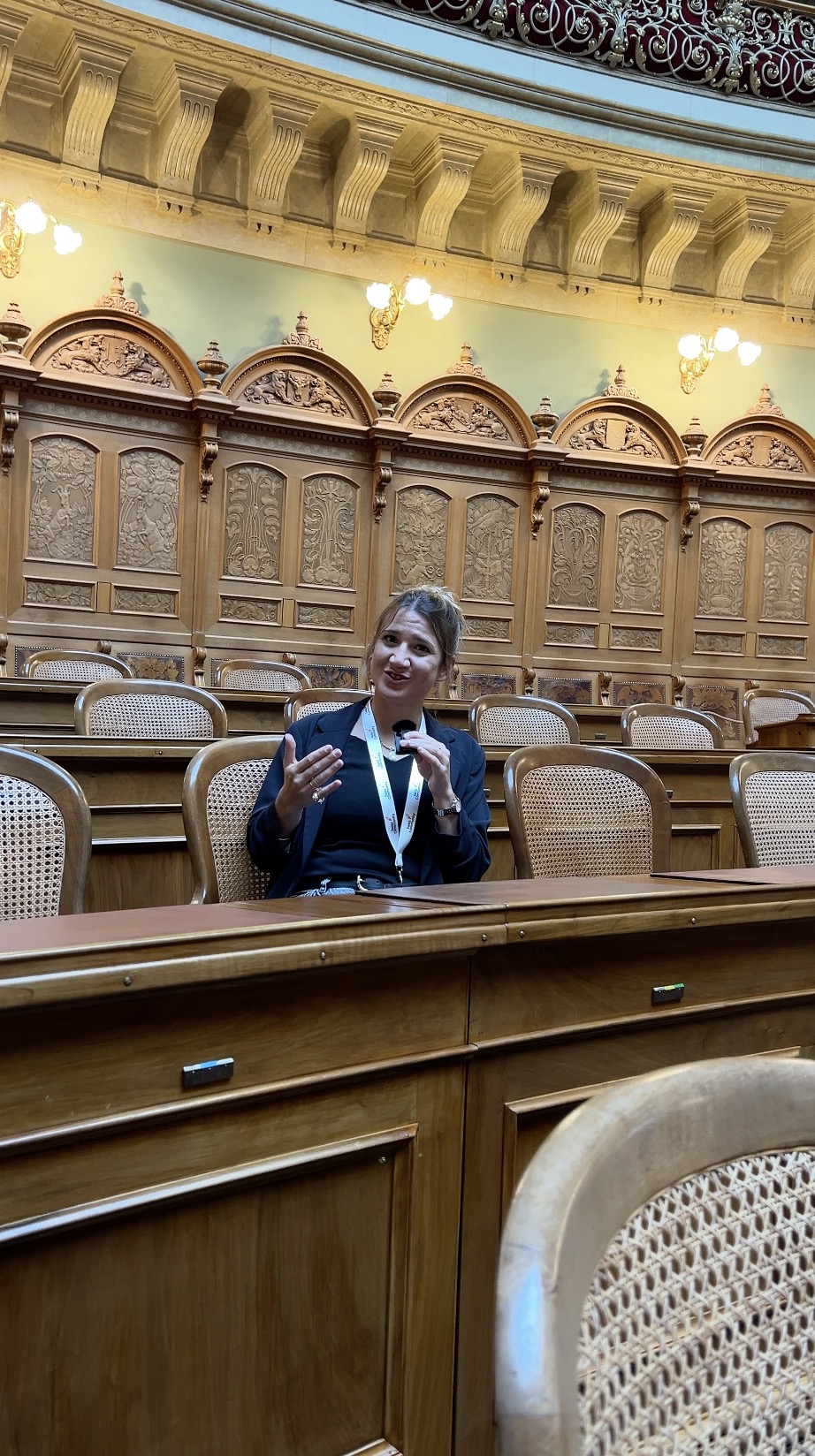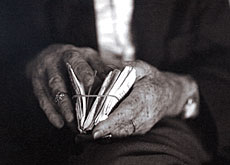
Teachers suffering “burn out”

A growing number of teachers in Switzerland say they are suffering from "burn out", blaming disruptive pupils and an increase in administrative duties.
Their complaints have led teaching unions and education experts to call for urgent measures to address the situation.
“There is a lot of dissatisfaction among teachers with their profession, especially with the stress in classes and the problems with undisciplined students,” Beat Zemp, leader of Switzerland’s largest teaching union, LCH, told swissinfo.
“Also the duties outside lessons are increasing and have reached a critical level now. So I think you could say that stress for teachers is at a critical point.”
Zemp says teachers need more resources in the classroom and more time to build up relationships with their pupils.
His claims are supported by a number of recent studies. In January, a survey of around 1,600 teachers in canton Basel found that one in three were experiencing “burn out”.
Problem children
“Teachers told us that one of the main problems was the behaviour of problem children,” says Simone Inversini, one of the co-authors of the Basel report. “That means pupils who cause interruptions during lessons or pupils who do not integrate themselves into the class.”
But other stress triggers include having to cope with more pupils of different abilities, a higher proportion of foreign children and greater administrative demands.
Psychologists have been working in Basel since the beginning of the year to help teachers cope with higher stress levels.
Earlier this month canton Bern published a report showing that one in 30 schoolchildren shows signs of aggression, suffers from depression or displays behavioural problems. Teachers are now being issued with guidelines on how to cope with difficult pupils.
Talk of a crisis could hardly have come at a worse time for Swiss education chiefs, who are facing growing pressure to improve standards in schools following a damning report last December.
That study, by the Organisation for Economic Cooperation and Development, found that up to one fifth of 15-year-olds could not understand even the most basic written information.
Erfurt massacre
Last month’s shooting at a school in Erfurt in neighbouring Germany has also heightened concerns about the mounting levels of violence in Swiss schools.
The Swiss Conference of Cantonal Directors of Education openly admits there are problems but insists there is no “catastrophe” and that educational standards are not dropping.
The conference, which last year set up a task force to look at how to make the profession more appealing, is sympathetic to the plight of teachers but insists there are unlikely to be any quick fixes.
“It has all changed so quickly and it will take time to draw up good programmes,” says Martin Stauffer, an educational scientist working with cantonal education directors.
“Three or four years ago no one was talking about the job situation in the education sector or burn out or pressure. It’s the same with the violence. It’s a new aspect.”
According to the cantonal education directors, 75-80 per cent of teachers still profess to being satisfied with their jobs – a figure echoed by the union – while last year only 5-10 per cent chose to leave the profession.
Disruptive behaviour
Allan Guggenbühl, a psychologist and conflict manager in schools, believes part of the blame for the current increase in disruptive behaviour in the classroom is down to changes in education methods over recent years.
He says authority has been relaxed and children have been allowed greater freedom to develop their personalities – and not always for the better.
“The education system tried to let children express themselves and the result is, of course, that they also express their ‘shadow side’: their aggressiveness and their destructiveness – the negative aspects of their personality.”
Guggenbühl insists children need to understand the rules and know who is in charge – otherwise they are left in a void.
“The problem is also that teachers have a lot more duties nowadays – there are many new tasks expected from the teachers – so they have less time to develop a sound or personal relationship with the students,” he says.
“Often teachers have 60 to 80 students they have to attend to and this makes it a lot more difficult to set up a distinct relationship and then to somehow convey their codes or ideas which they think are important in schools.”
by Adam Beaumont

In compliance with the JTI standards
More: SWI swissinfo.ch certified by the Journalism Trust Initiative





































You can find an overview of ongoing debates with our journalists here . Please join us!
If you want to start a conversation about a topic raised in this article or want to report factual errors, email us at english@swissinfo.ch.